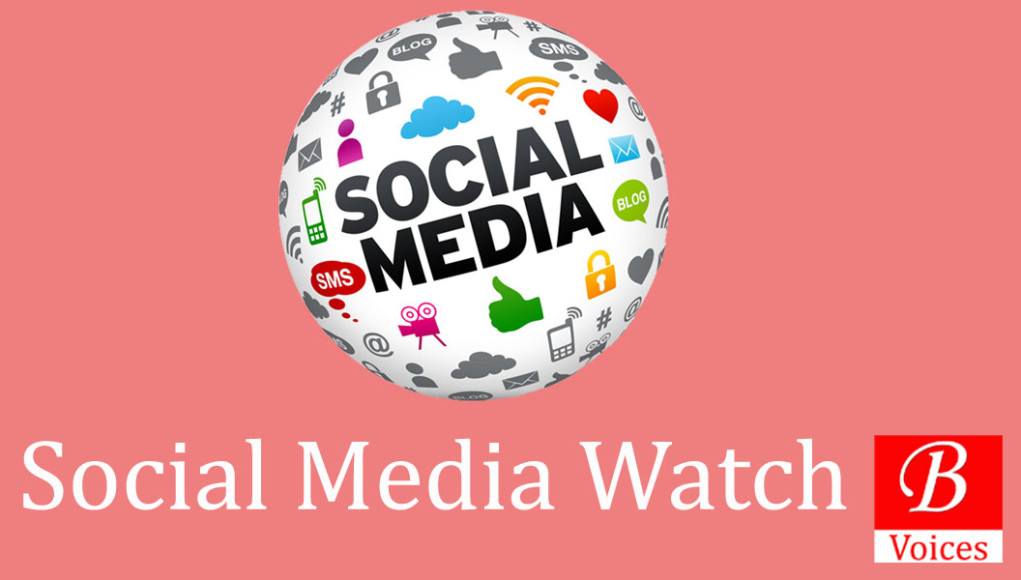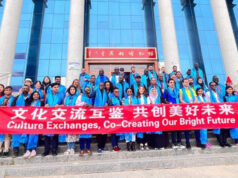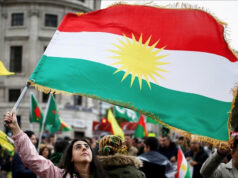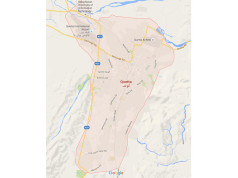Adila Batool Changezi
Human beings are emotional animals besides being social ones and political parties manipulate this very well. They have long used emotional appeal tactics in their political advertisements and addresses in an attempt to build public support. From enthusiastic public speeches to blaring political addresses against opposite parties, political entities around the world have stirred sentiments among their supporters and as well as non-supporters.
While earlier the political statements and news traveled through Print and Electronic (i.e., Radio and TV), it took some time to reach the audience and consequentially engage them in the process emotionally and politically. Now the information travels in microseconds in the age of social/digital media, closing the time and space gap between events and their impact. As Marshal McLuhan points it in his book “Understanding Media; Extension of Man”, social media with its quality of speed dissemination single-handedly without consideration of the type of content has immensely transformed not only the process but also its impact of it on the very fabric of human society.
Contrary to the earlier information distribution pattern, social media has empowered its users with content creation and sharing with the rest of the masses using social media. While also on the other hand its fast pace and multi-media support qualities provide perfect ingredients for not only misinformation and disinformation but also decontextualizing the content. Short videos (stories, Tik Toks), cover the high notes of an event while cutting it off from its background factors and consequences. A wide sharing of those ensures that the earlier uninformed audience is now misinformed or disinformed. This proves to be dangerous in reaching to masses, who without a context fail to understand the scenario and thus jump to action.
As Zahra, a 27-year-old student of Mass Communication mentioned in a conversation with the writer says, “many times they do not cover the previous performance of the leaders like how they all negated the Child Marriage bill in the assembly, yet a mere hot-headed collection of words and poetries without a concrete performance earned them millions of views, shares, and support overnight. It indeed is saddening to observe the adrenalin rush among supporters and voters over a wrong set of standards. While the real information that can pique their criticism is kept away from the common person’s reach”.
Given its qualities, social media has become the latest emotional propaganda tool for political parties. Particularly in Pakistan. The recent and ongoing political turmoil and the discourse over social media is an exemplary view of it. Multiple video cuts from the vehement speech of Ali Muhamad Khan made hundreds of rounds over social media. Whilst the Pakistani social media users seemed emotionally moved by his speech at the National Assembly, many were unaware of his political performance and violence-inciting speeches given earlier. Another social media user calls as “Drama” to keep the audiences engaged and entertained away from the real economic problems which need urgent solutions.
While earlier it was pictured on Facebook of political leaders offering prayers in scorching heat or helping someone needy on camera, now it has come down to emotional music played over fuming speeches of leaders, meeting their fans and supporters, with a catchy caption. As Khan’s video meeting his teenager fan in his Bani Gala residence and gifting him an autograph made rounds over social media highlighting his down-to-earth behavior, PMLN’s Maryam Nawaz also jumped on the bandwagon while meeting little girls in Mansehra on camera. This may not be impacting those who are critical of the political parties, but a huge mass of supporters with a soft corner for the said leaders and a pinch of hero worship is moved by this act.
Asad* a 24-year-old social media user and active news consumer puts it, “with a bombardment of all such content, the majority get influenced and manipulated. We are emotional fools, as we do not critically see things”. Such acts of emotional appeal are though not ethical and accurate to be used to garner public support but Shehbaz* a 25-year-old social media user and IK supporter considers it the necessity of politics to stay in the good books of the public for the leaders. It is up to the social media users and voters to critically assess the performances and statements of the politicians. There is also a grave need for media literacy for voters and audiences to be able to identify not only misinformation, disinformation, and decontextualization of events and matters but also see through the vehement words of their leaders and their impacts on the society and country overall.
*names have been changed for privacy reasons.
Share your comments!








